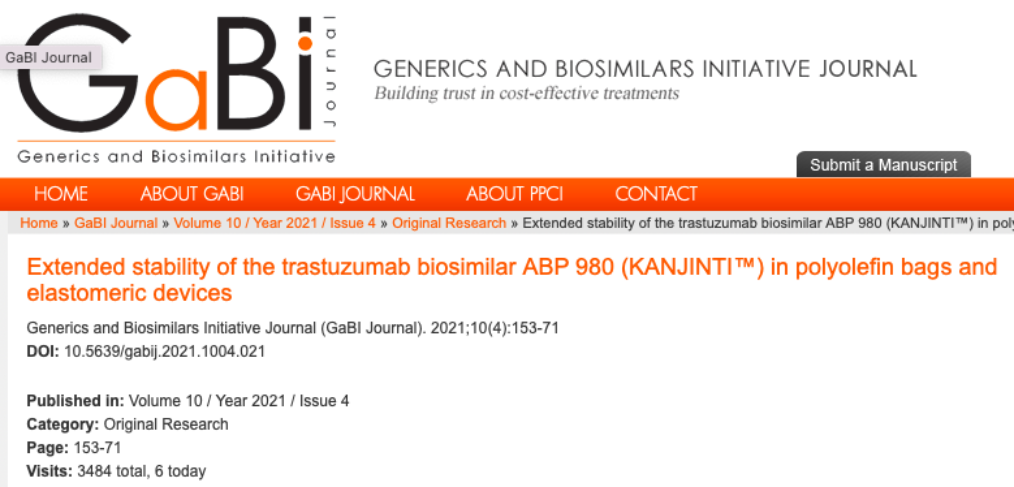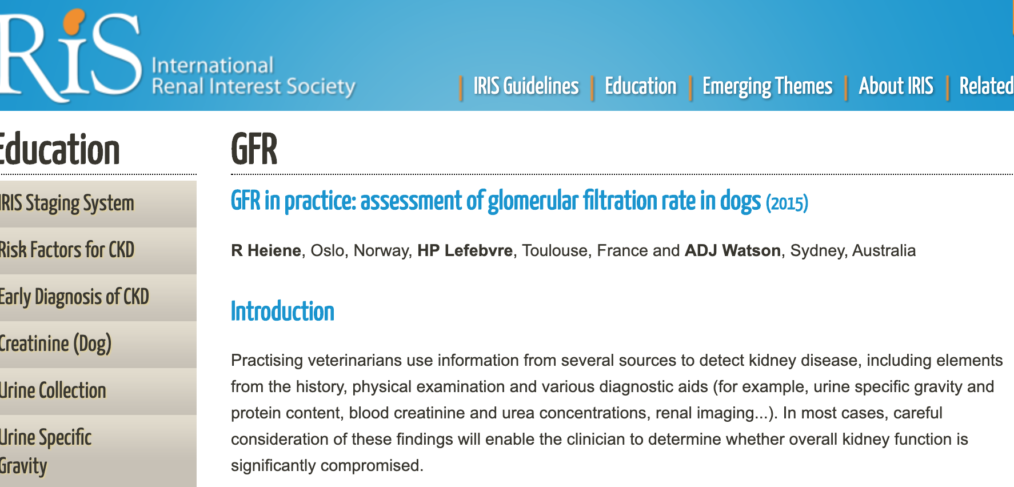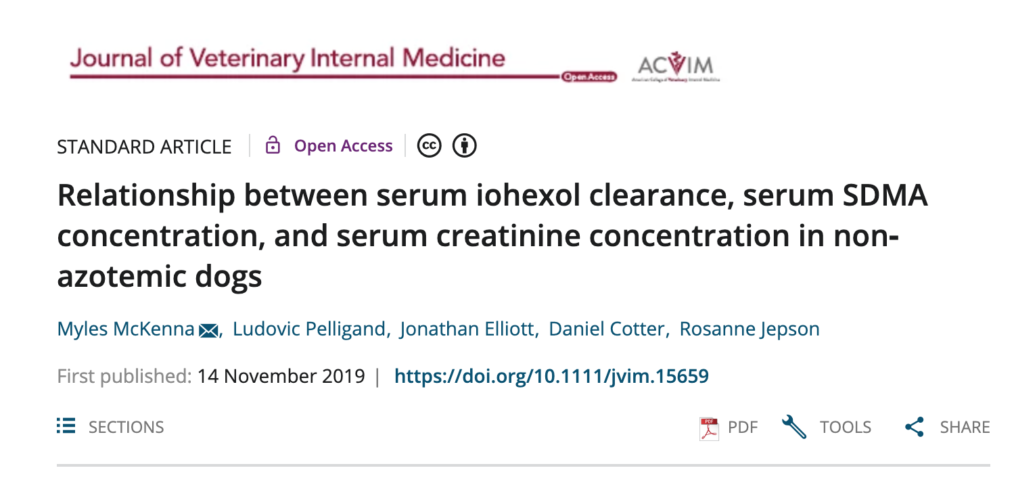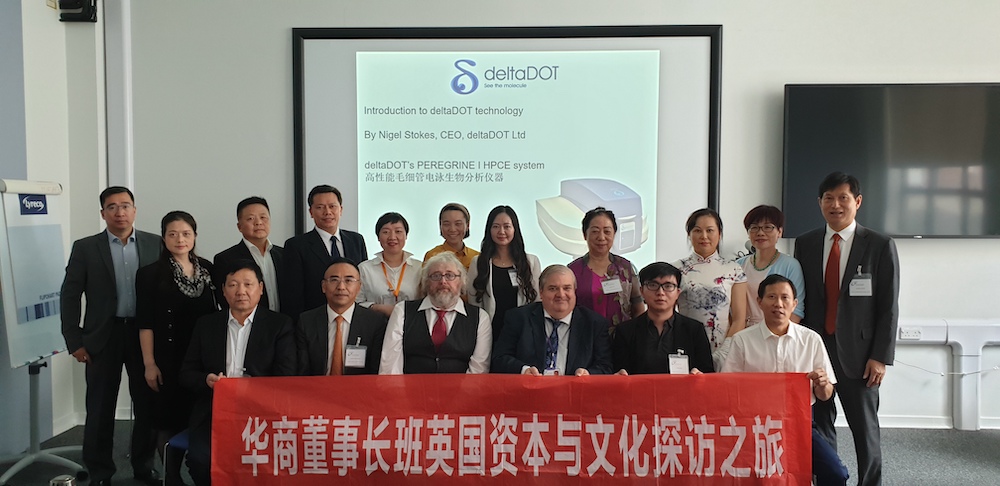deltaDOT are pleased to announce that they have licensed their High Performance Capillary Electrophoresis technology to a leading Chinese company.
On 29th December 2017, deltaDOT entered into a collaboration agreement with a Chinese partner to purchase all technical know-how, software and IP licenses for their High Performance Capillary Electrophoresis (HPCE) technology. This partner plans to provide locally manufactured HPCE instruments in China and offer domestic scientists, researchers and QC personnel a wider range of analytical choice. The deal involves an initial payment (now received) and two further milestone-related payments in the next 12 months.
deltaDOT’s partner has focused on the provision of food and drug testing to clients in the agriculture, chemical engineering and environmental protection sectors. While it has developed a great deal of expertise in chemical testing and reagents, this deal will further enhance its expertise in areas such as life science, medical diagnostics and biopharmaceutical analytics.
In the UK, Europe and the US, deltaDOT have worked to provide an alternative to traditional Capillary Electrophoresis (CE) technology by developing and commercialising a highly innovative bioscience instrument, the HPCE-512. This instrument solves the issues that limit traditional CE technology so allowing the full potential of this analytical technique to be realized. The HPCE-512 has many advantages compared to conventional CE, Mass Spectrometry and HPLC approaches owing to its patented multipoint detection technology, together with the proprietary signal processing algorithms. This innovative label free approach produces data with superior resolution, accuracy and repeatability compared to competing techniques, and at significantly reduced cost.
deltaDOT’s technology has found successful applications in detection, separation and analysis of proteins, antibodies, nucleic acids, carbohydrates, viruses and bacteria, drugs, chemicals and a wide range of other analytes.
Nigel Stokes, deltaDOT’s Managing Director, commented: “This agreement is a strong validation of deltaDOT’s label free technology. In the competitive analytical instrumentation sector it is very encouraging to see the adoption of our technology into the vibrant and rapidly developing Chinese market. We are very pleased to see an objective and international validation of our label free technology.”




